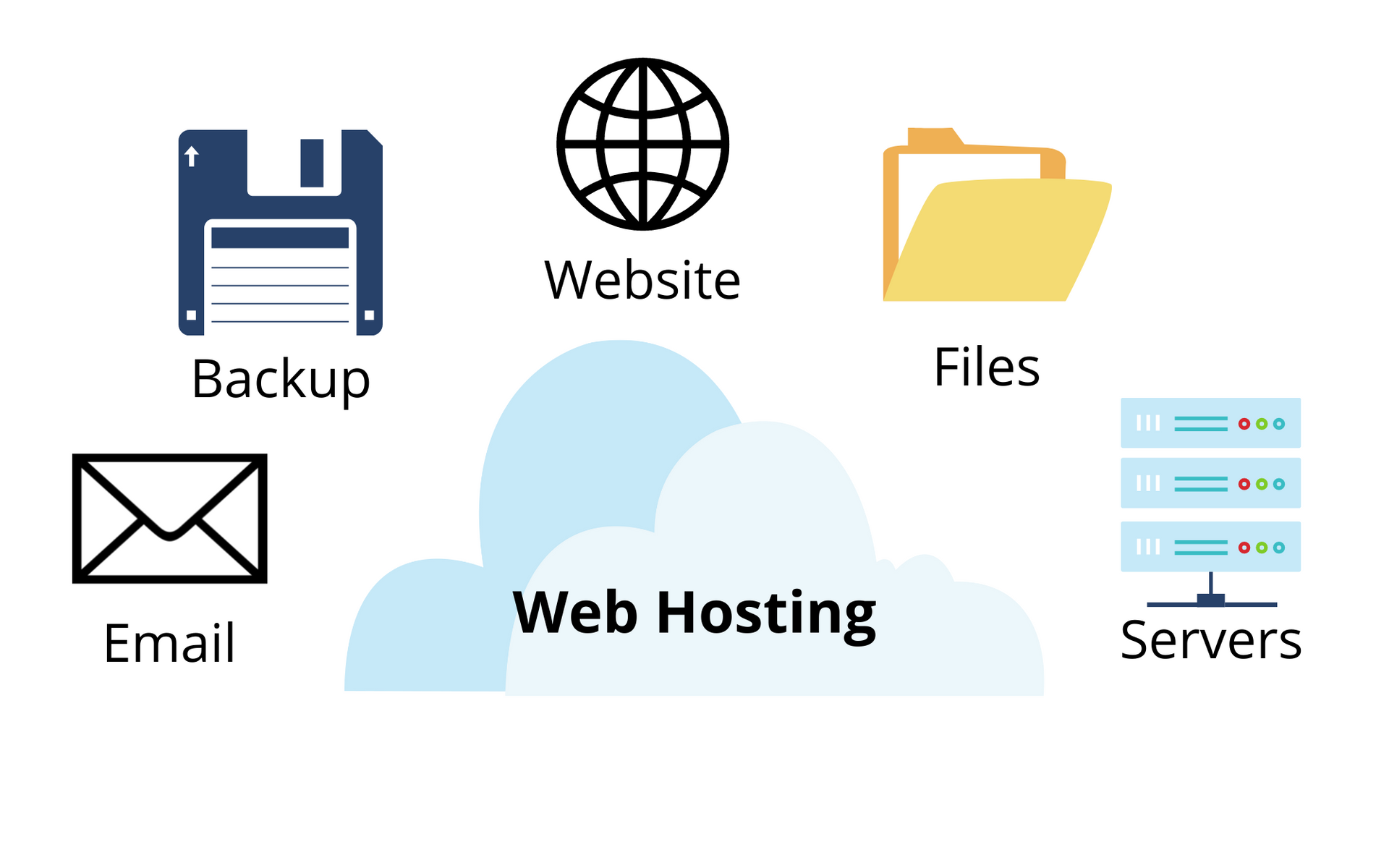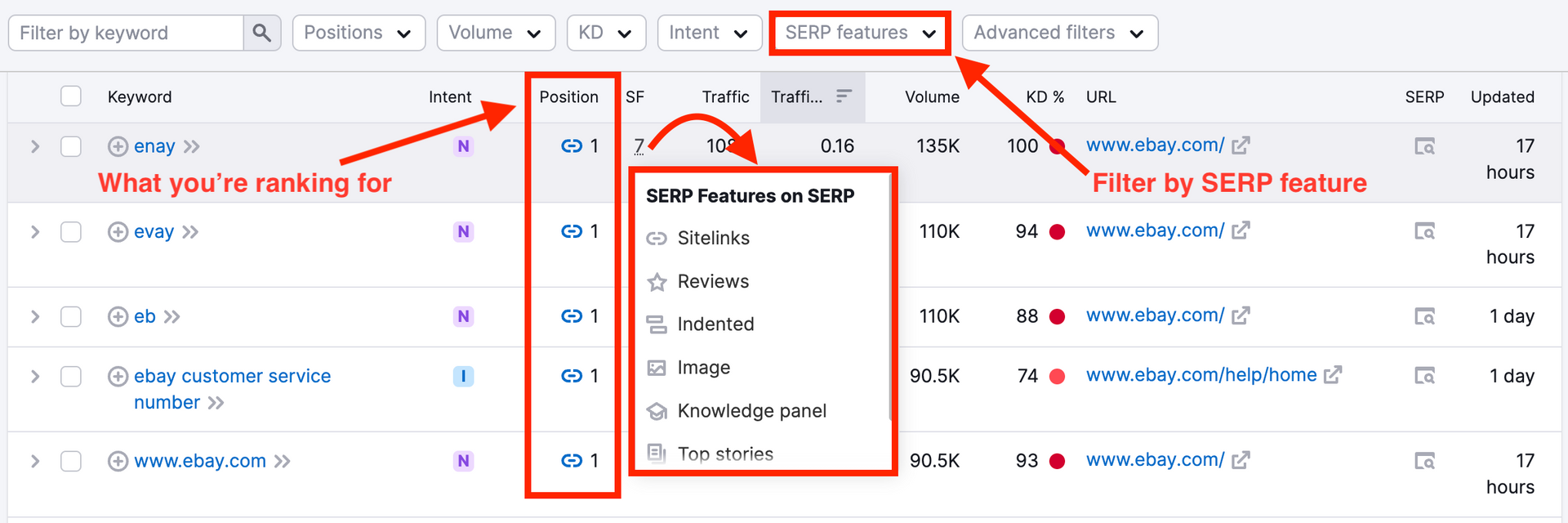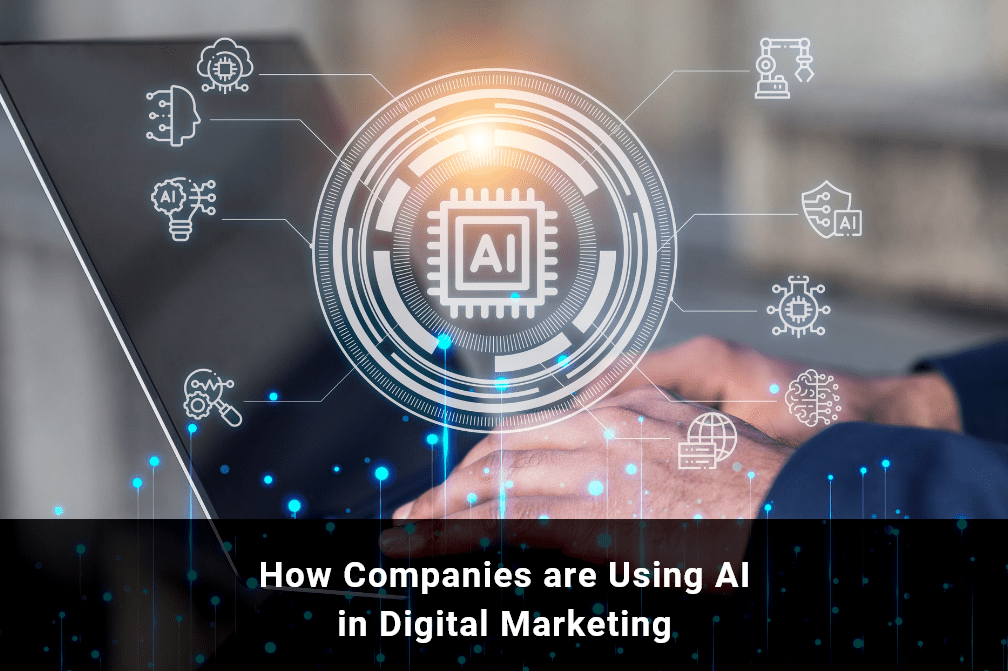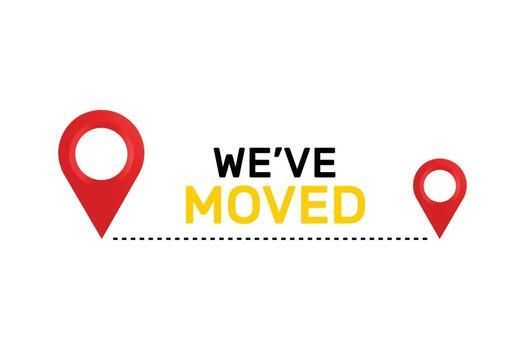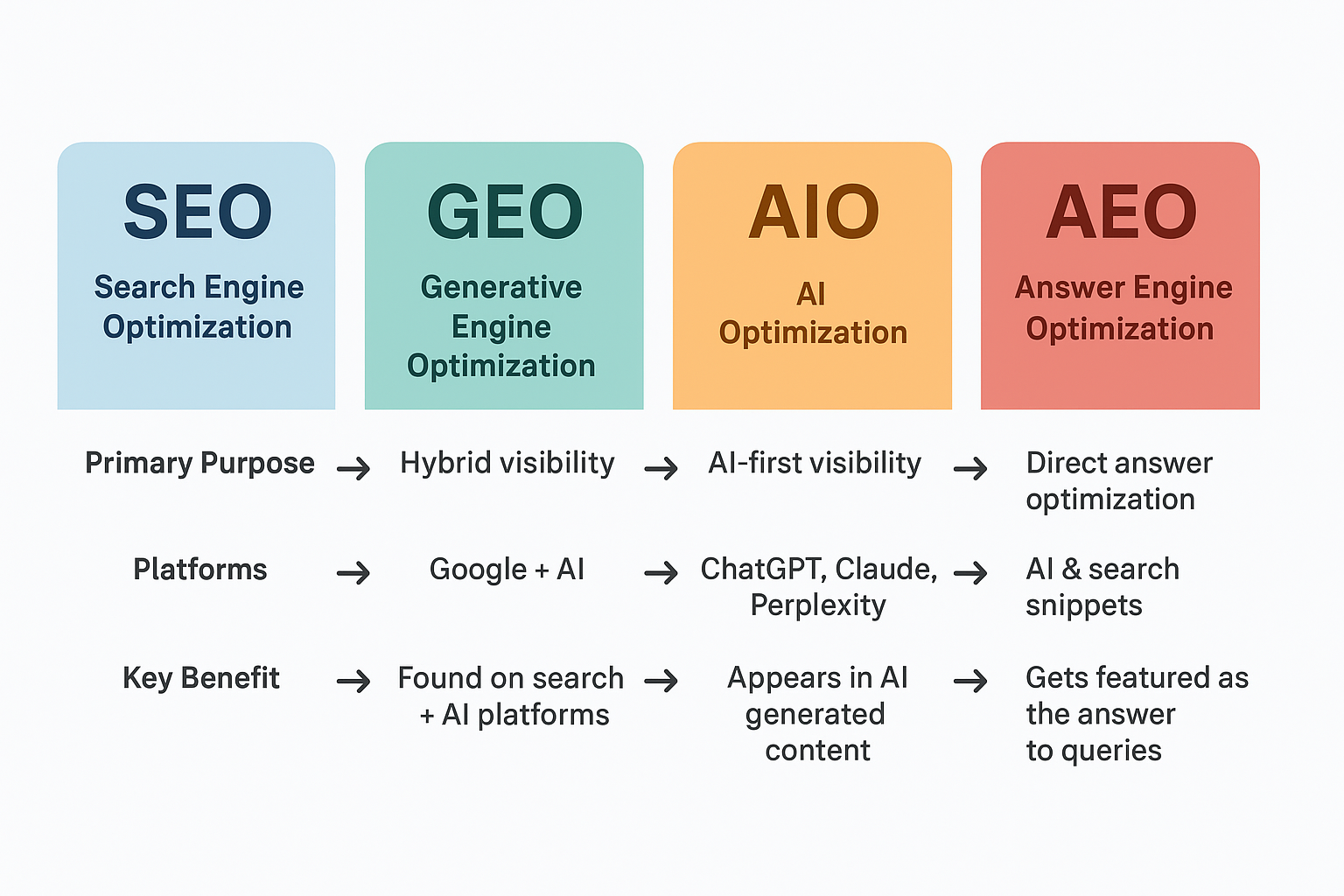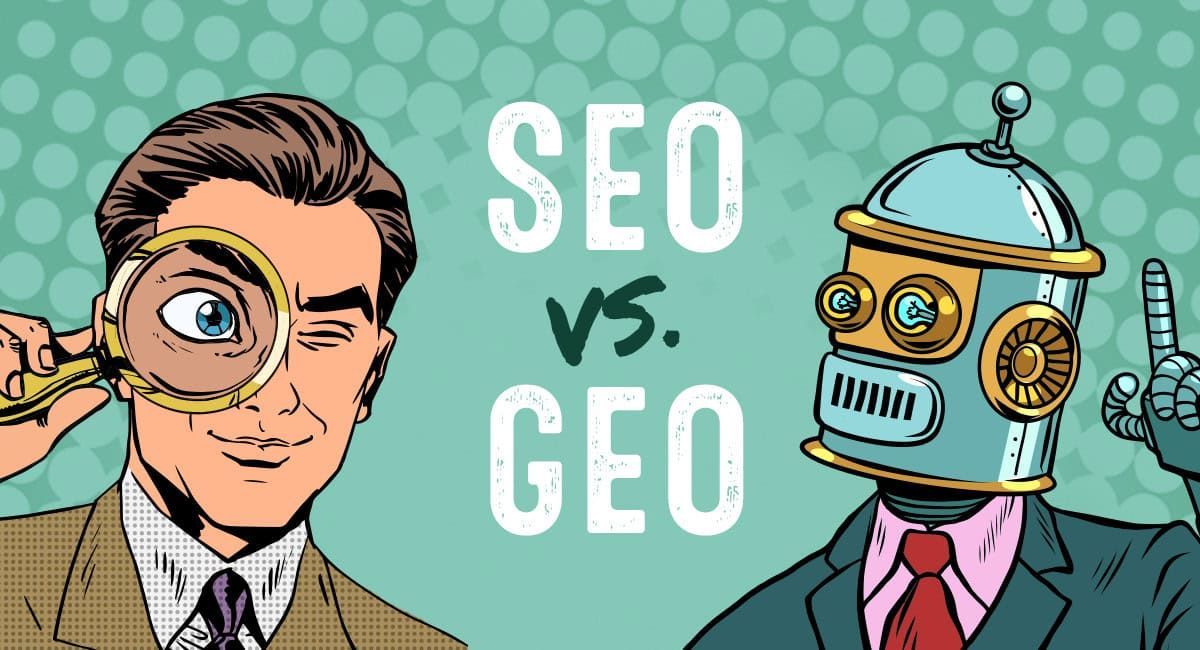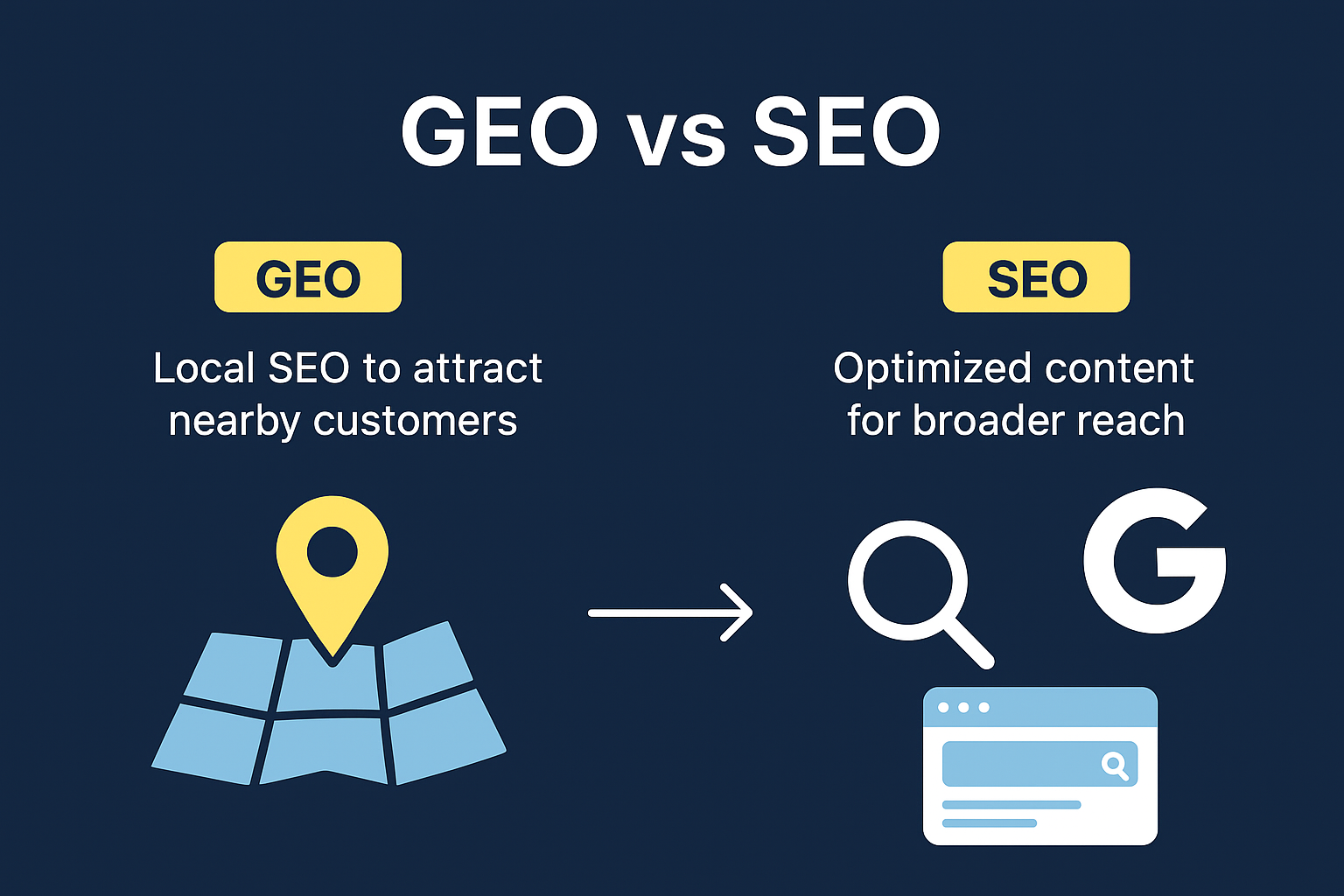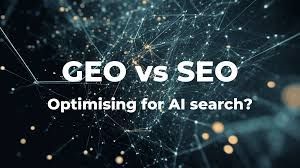How much should a small business expect to spend on a website?
How much should a small business expect to spend on a Website?

The 2 Options (With Pricing) For Designing And Developing A Small Business Website
OPTION 1: Hire A Professional
If you’re super busy running your business and/or you’re just not a techie person, then you need to hire someone to build your site for you. It’s that simple.
However, if you’ve searched online and visited sites of website designers/developers, you’ve probably encountered:
• No prices listed at all.
• Prices all over the map, from ridiculously cheap to super expensive.
The good news is we rolled up our sleeves and did the research for you regarding what it costs to build (or redesign) a small business website in 2020.
For web designers that did list their prices, we found the going rate in 2020 to build a modern, professional small business website was typically $3,000-$6,000 but could be as much as $20,000 (or more) depending on the number of pages on the site and the amount of customization required.
Website Design vs. Website Development. Website design and website development are often used anonymously, but they’re two very different things. Website design is like working with an architect to create the blueprint for your house. Website development is like working with a contractor to actually build your house. The 2020 pricing estimates listed above are for website design *as well as* website development (i.e. the complete, all inclusive cost).
Now that you have a ballpark idea of what things cost, let’s take a closer look at the specific factors affecting the price of building a small business website:
• Page volume. Let’s say a web development firm offers a 10-page website package for $3,000, but your site needs 25 pages — how much extra will that cost? A good rule of thumb is to add about $100/page for each page over and above what’s included in the standard website package. In this example, adding 15 pages (to the 10 pages included in the standard website package) would cost $1,500. Add this amount to the original base price of $3,000 and the revised total is $4,500. Every situation will vary, obviously, but at least this gives you a reasonable cost estimate based on common pricing in the industry.
• Custom site layout. Every website starts with a theme or template. Nobody codes a website totally from scratch anymore — that’s way too time-consuming and expensive. A template or theme often gets you 50-60% of the way to the finish line, but there’s still tons of customization and coding to get your site looking and functioning how you want it to. The more customization and coding required, the greater the cost. Templates and themes are a major reason you can often build a professional small business website in the $3,000-$6,000 range instead of $15,000-$20,000 or more
• Custom images & graphics. Fancy images and graphics can give your site a one-of-a-kind look, but it comes at a price. In addition, sophisticated visual effects often require special editing software and/or the services of a custom graphic design specialist.
• Custom programming. Sometimes you can find a plugin that will provide the exact functionality you want right out of the box (i.e. image carousel, membership portal, payment calculator, etc). Other times, getting your site to do what you want requires significant trial/error and testing. In a perfect world, everything would be plug-and-play and work perfectly the first time — but that’s rarely the case. A fair amount of tinkering and testing is usually required to get everything working as intended.
• Number of design revisions. Most website projects start with an initial concept design (kind of like a rough draft), then it’s common to have 1 or 2 rounds of design revisions to get everything just right. Some website designers offer as many as 3-5 rounds of design revisions. Technically, a website designer can offer as many rounds of design revisions as they want. But keep in mind, every design iteration adds to the overall cost of the project. In my experience, 1-2 rounds of design revisions are more than sufficient 99% of the time.
• Website content development. Solid, thoughtful, persuasive content is the foundation of any great website. If you’re launching a new site but don’t have any content yet, it needs to be developed. If you have an existing site but the content is weak, stale or outdated, it’ll need to be refined, enhanced … maybe even overhauled. Over the years I’ve discovered the # 1 obstacle to launching a website is content development. Our clients struggle with this because it’s time-consuming and difficult to do. That’s why a few years ago we began offering professional copy-writing services to our website design and development offerings.
Re: website pricing …
PRO TIP # 1: If you want to hire a professional to help you with your website, but you don’t feel like you can afford one lump sum payment upfront, see if they offer financing. That way you get a really nice website *right now* to help grow your business, but not deplete your bank account.
PRO TIP # 2: Be careful with budget pricing. Unusually low prices often means you’ll get shoddy workmanship, an unpleasant experience or they’ll nickel and dime you for every little thing. As they say, you get what you pay for.
OPTION 2: Attempt To Do It Yourself (DIY)
If you have a basic understanding of web technology and you’re fine doing the work yourself, you can totally build your own website.
The raw materials you’ll need aren’t horribly expensive:
• Domain name: $10-$12/year to register a new domain. There are a zillion registrars to choose from. I prefer NameCheap.com.
• Website hosting: Costs range from about $100/year for standard web hosting from companies like BlueHost or HostGator to $300-$500+/year for more robust web hosting from companies like WPengine or SiteGround — which really isn’t needed until your site is getting gobs of traffic (i.e. more than 100,000 visitors/month), at which time you could upgrade to a web server with more horsepower.
• SSL certificate. Even if you don’t plan to sell things directly from your site, you’ll still want to secure your site with HTTPS protocol. Here’s an article I wrote explaining HTTPS in plain English. You can get an SSL certificate for as little as $10/year or as much as $200-300/year. Shop around, but don’t buy more than you actually need. UPDATE: Some web hosting companies now offer a free SSL certificate as an incentive to host your site with them.
• Premium website theme. $100-$150. There are hundreds if not thousands of themes to choose from. Some free, some paid. I urge you to spend a few bucks and get a quality theme. Don’t skimp here. You’ll thank me later. We’ve experimented with many website themes over the years and the ones we now use exclusively, both for our own site as well as our clients’ sites are from StudioPress — great design + solid coding.
• Premium plugins. $100-$200. As with website themes, you usually get what you pay for. Do yourself a favor and invest a few dollars to get quality plugins. For example, two premium plugins we use on nearly every site we build are Gravity Forms and Envira Gallery. Yes, there are lots of free plugins and many of them are very good. But there are also lots of bad plugins that don’t work as advertised and will waste a bunch of your time. So be careful.
• Stock photos. If you’re a good photographer or you already have high-quality images for your site, then you’re all set. But chances are you’ll need to purchase some images to dress up your site a bit. The two places we recommend are BigStockPhoto.com and iStockPhoto.com. They have lots of high-quality, royalty-free images at reasonable prices. In most cases, you can probably get all that you need (at least initially) for $50-200. After that, you just buy what you need as your website evolves. UPDATE: Here’s an image site we just learned about where you can get free, high-resolution, royalty-free images for your website >> Burst (from Shopify). The only drawback is there’s a limited selection. But the images they do have are very nice. IMPORTANT: Never, ever, ever just copy/paste images from other sources onto your site, unless you’re 1000% certain you have permission. Otherwise you can get sued. Play it safe and just purchase your images — it’s way less expensive than a lawsuit — and you’ll sleep better.
• Education. $25-$300. Unless you work on websites every day, you’re probably going to have to buy a few books or take an online course or two to learn Photoshop, HTML/CSS coding language, etc. to get yourself up to speed in one or more areas of website design and development.
In total, you’re realistically looking at about $300-$600 in expenses to get up and running.
Obviously the main cost with the DIY option is your time.
Even for a “simple” site, don’t be surprised if it takes you 20-40 hours to produce something of decent quality you can be proud of. And that’s assuming you’re already somewhat familiar with how to build a website. If you’re totally new to this, multiply that time estimate by 2x or 3x. I’m not exaggerating.
Building a modern, well-engineered website is way more time-consuming than most people realize. But if you have more time than money right now and you don’t get overwhelmed by web technology, the DIY approach is a perfectly viable option.
Ongoing Website Updates, Upgrades, Maintenance & Licenses
Once your website launches, your work’s not done.
Just like buying a house, you’ll need to invest time, effort and money to maintain it.
For example, you’ll have annual hosting & maintenance fees and possibly annual licensing fees for premium plugins and services.
It’s likely you’ll purchase new images as you upgrade and expand your site.
You might add staff or hire freelancers to assist you in creating new custom web content or videos to boost your marketing efforts.
Your site also requires ongoing technical maintenance to install updates and security patches to WordPress core files and WordPress plugins to protect your site from being hacked. Yes, even small business sites are targets for hackers.
If you’re comfortable performing these updates yourself, great. But sometimes routine updates break your site, so you need to know what to do if/when this happens. Are you prepared to deal with …
(actual screenshots)
You also need an offsite backup system so your website can quickly be restored in the event of catastrophic hardware or software failure (or user error!) crashing your site. Sorry to alarm you, but these things really do happen.
If you prefer not to deal with the messy, behind-the-scenes technical upkeep of your site, you can purchase a website maintenance plan for $40-$300/month depending on the services you need.
PRO TIP: You can avoid annual licensing fees by working with a web developer that maintains a developer’s license for the premium WordPress plugins used on your site. In other words, their developer’s license covers your annual licensing fees.
As your business grows and evolves, your website might need more sophisticated functionality. If you can implement these technical upgrades yourself, great. Otherwise, the going rate in 2020 to hire a competent, experienced web developer is $100-$125/hour.
Website Design & Development Mistakes To Avoid
Since building my first website back in 1999, I’ve wasted a TON of time and money on:
• Faulty technology. The theme and plugins you use to build your site matter. Shoddy, untested coding can result in security risks, software incompatibilities and site instability. Stick with proven, name brands that continually test and support their products. Use premium digital components, otherwise you may be constantly fixing your site or worse — rebuilding your entire site from scratch.
• Incompetent idiots. Beware of knuckleheads knowing just enough to make them dangerous. A few years ago I hired a subcontractor to assist with some custom programming on a large project. A few weeks into the project it became clear he didn’t know what he was doing. He talked a good game, but couldn’t deliver. So I fired him and cut our losses — but only after wasting precious time and money on a project with a deadline. Do your best to carefully vet people before hiring them.
• Bad advice and information. This has cost me more time and money than anything. Tens of thousands of dollars and years of my life I will never get back. It wasn’t always directly related website design and development. Sometimes they were ancillary things like SEO, Google advertising, Facebook marketing, content marketing, business development, etc. Most of it was hype and fluff that didn’t deliver results as advertised. Bottom line, if it sounds too good to be true it probably is. There are no magic bullets. Success takes time, effort and persistence. Period.
No need for you to repeat these mistakes.
Pro & Cons: Hiring A Professional vs. Do-It-Yourself Approach To Building Your Website
Hiring A Professional
PROS:
• No need to spend hours, days or weeks trying to learn the technology required to build and operate a website.
• You’ll get a modern, professional website you’re proud of … one that accurately represents your company and your brand.
• Visitors will have a good experience on all devices — desktop, tablet & mobile.
• They can help you manage your site once it’s launched.
• They can develop your site’s content and overcome the curse of knowledge. The curse of knowledge is when you can’t remember what it’s like to not know everything you know. Thus, you omit critical information from your site because you assume everyone already knows what you know — when they really don’t.
• They can recommend ideas and help you avoid pitfalls you probably wouldn’t have thought of yourself
CONS:
• Will require an investment of several thousand dollars (most likely in the $3k-$10k range) to create a new site from scratch or redesign an existing site.
• If you don’t understand web technology, you will be somewhat dependent on your website designer/developer to manage your site after it launches.
Doing It Yourself
PROS:
• If you currently have more time than money, building your website yourself will be less expensive that hiring a professional website designer/developer.
• You can use a website builder like Wix or Squarespace to launch a simple, decent-looking site within a day or two.
• No lag time. Any changes or updates to your site after it launches can be made instantly.
CONS:
• If you’re not up on current website design trends, your website might look amateurish and negatively impact how your company is perceived.
• Building a website can feel like a monumental task, so it’s common to procrastinate for weeks or months. If the aversion to building your site is large enough, your site might never get built at all.
• It’s incredibly time consuming. You might have to spend 2-4 hours or more researching how to get something working on your website when an experienced website designer/developer can have that particular task finished in 5-10 minutes.
The Shortcut To Building A Great Website
Hire someone.
Yes, I’m biased, but I’m also being honest. Creating a modern, professional website that generates leads and sales for your business is way more difficult and time-consuming than most people realize.
If funds are tight right now, and the DIY approach to creating your company website is your only option, then just do the best you can.
However, if you can afford it, hiring an experienced web designer/developer to build (or redesign) your website will save you tons of time, money and headaches — and the finished product will be better than you could’ve done on your own.
It’s the same reason I gladly pay dentists, accountants, auto mechanics and roofing contractors for their expertise. They can usually do it quicker, better and cheaper than I could do myself.
Need help with a small business website?
Check out our website- www.mobileopz.com
